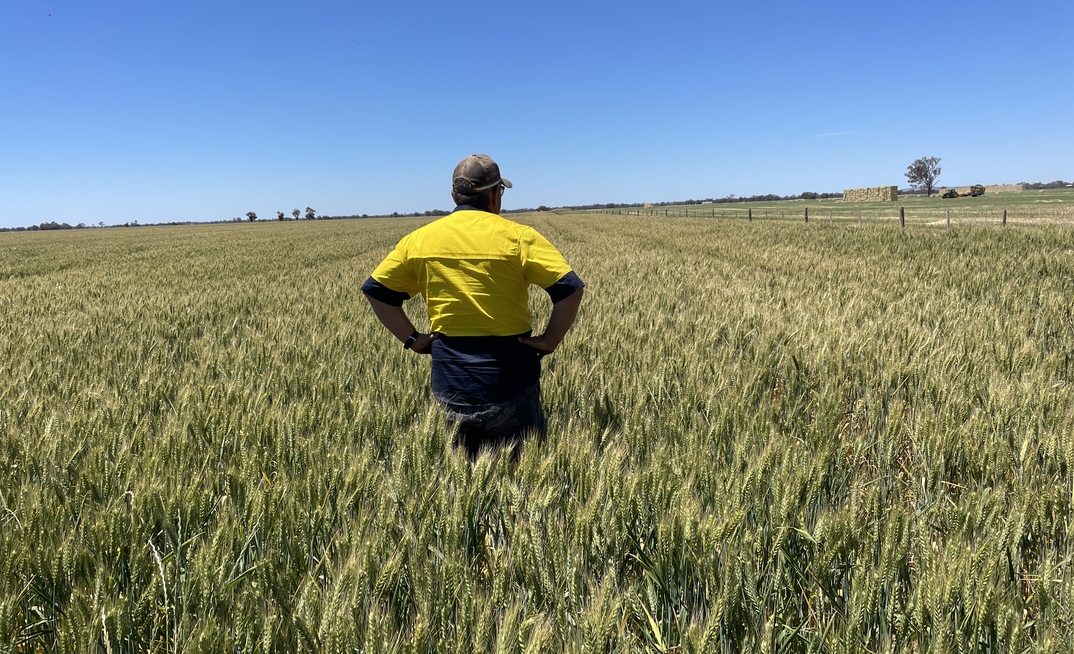FARM succession planning is vital for protecting assets and relationships, while also simplifying the process of handing over the family farm. However, new research from Kondinin Group shows only 18 per cent of farming families have a legally binding succession plan in place.
Kondinin Group's 2024 National Agricultural Survey (NAS), conducted earlier this year, reveals while 66.7 per cent of respondents have, or are in the process of formalising farm succession plans, most are in the early stages. Furthermore, of the 240 respondents to the NAS, which includes Kondinin Group members and non-members, 24.58 per cent said they don't yet have a farm succession plan at all, while 8.75 per cent said no plan is needed.
FORMALISING FARM SUCCESSION PLANS
YOU MIGHT ALSO LIKE
Of those who have started or completed the process of farm succession planning, only 27 per cent of NAS respondents reported the documentation was finalised and legal, while 24 per cent said their succession planning documentation has been started. Most of the respondents said they are only at the stage of thinking about the farm succession plan (34 per cent) or starting discussions about it (30 per cent), while 24 per cent said all family members agree about the farm succession plan.
BARRIERS TO PROGRESSING FARM SUCCESSION PLANS
Respondents to the Kondinin Group survey said the barriers to progressing farm succession planning include reluctance to discuss succession and inability to agree on a timeframe or on terms, with 69 per cent reporting these barriers. A further 37 per cent said they need legal/financial advice to complete the succession plan.
THE IMPORTANCE OF FARM SUCCESSION PLANNING
In Kondinin Group's latest research report on farm succession planning, Rural Generations succession planning consultant, John White, said there will always be a reason to put off broaching the subject, let alone making important decisions. However, he warns the longer farm succession planning is delayed, the greater the risk of something coming out of ‘left field', such as an illness, poor season or seasons, or a stakeholder domestic stoush. Throw in elevated property values and unplanned succession can quickly develop into a disaster zone.
While splitting up assets can never be equal, White said fairness is, or at least ought to be, the key ingredient. He warns unless farmers have a huge operation and family members are able to carve off portions or buy out each other's share of assets, unfairness may render the demise of a once proud family legacy/enterprise.
The good news is getting started is often one of the most difficult parts of succession planning. And White said while farm succession planning can be complicated, it can be made easier with some foresight, preparation and open discussions - and the sooner those conversations are started, the better.
MORE INFORMATION ON FARM SUCCESSION PLANNING
To find out more about farm succession planning, check out the December research report - Succession planning: passing the family farm on.
The Kondinin Group Research Report covers:
- The process of farm succession planning
- Key questions to consider when starting a succession plan
- Where to find assistance with succession planning and understanding tax implications
- Considerations regarding off-farm investments when succession planning
- What to do when there is no successor for the farm
- Understanding and dealing with family problems when developing a farm succession plan
- Real and fictional case studies.
Further information can also be found in Kondinin Group's Research Report published in January 2023 on farm succession planning.























